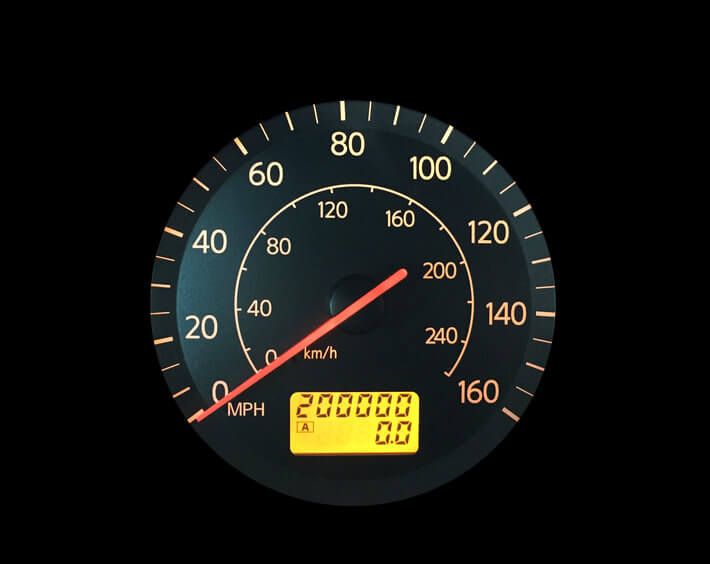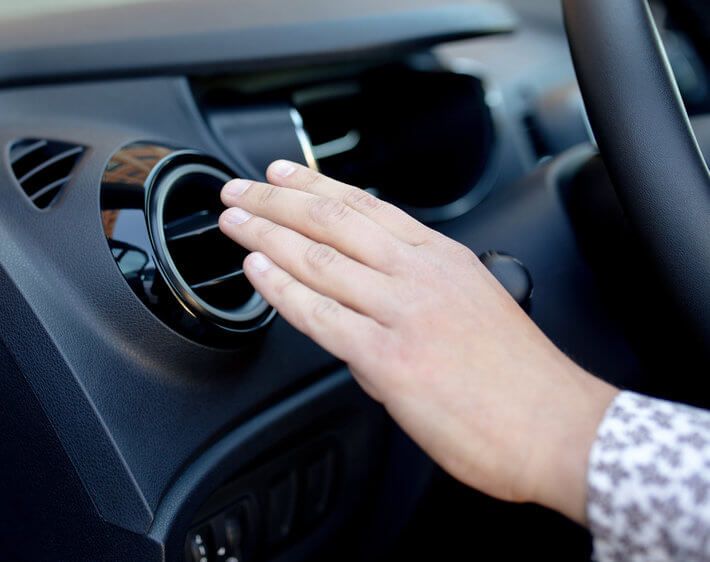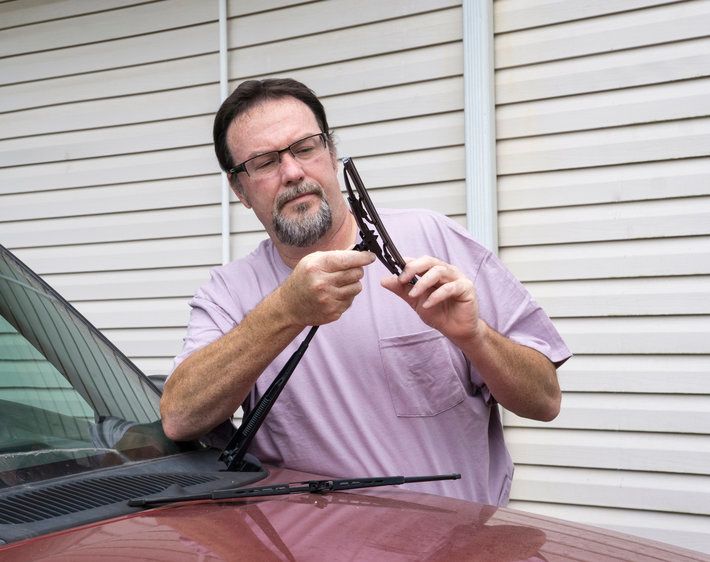We can all learn something from retired schoolteacher Irv Gordon.
In 2013, Gordon revved up the world record for the most miles ever recorded for a car, a record he actually already owned. While touring Alaska, Gordon surpassed the 3 million-mile mark for his bright red 1966 Volvo P1800S. As of May 2018, Gordon had driven more than 3.2 million miles in the Volvo.
Gordon told the Indianapolis Star that he invests in regular oil changes and car washes, and that he uses only genuine factory equipment parts. He also recommends religiously following the owner’s manual.
“Do what the manual calls for, not what the dealer calls for. People who built the car wrote the manual,” said Gordon.
The owner’s manual gives you an A-to-Z look at the details about your car, such as when to get the oil changed and when to get the tires rotated. Included in each manual are suggestions about maintenance and troubleshooting, such as what the correct tire pressure is.
While you might not want to run up 3 million miles on your car like Irv Gordon did, there are still a handful of preventative maintenance services you can invest in to help your high mileage car run stronger, longer.
How to Help Your High Mileage Car Run Stronger, Longer
1. Stick to the service schedule.
Just as your body needs a medical check-up on a regular basis, your car needs its own regular check-up to make sure everything runs smoothly. Your owner’s manual will tell you how often to get your car serviced. Strange smells and sounds coming from your car can also tell you that it’s check-up time!
Firestone Complete Auto Care offers financing through the Firestone Complete Auto Care credit card and free car inspections performed by qualified technicians. During an inspection, a technician will check your tires, fluid levels, belts, lights, windshield wipers, battery, hoses, and more.
The goal of a routine check-up is to catch anything that needs to be fixed before it gets worse, and to ensure that your car stays in great shape.
2. Change the oil.
Think of a car’s oil as blood running through its veins.
Regularly scheduled oil changes are vital in maintaining a healthy engine. Oil changes keep an engine’s parts well-coated and protected against potentially damaging heat and friction.
High mileage engines—those with more than 75,000 miles—face a number of potential problems that special high mileage oil is uniquely formulated to address. High mileage motor oil can help reduce oil consumption, minimize leaks and oil seepage, and also help reduce smoke and emissions.
In 2002, Gordon told Volvo, “Changing your oil every 3,000 miles is the best insurance policy for your car."
Now, you don’t have to take our word when it comes to the importance of oil changes. Take it from Irv!
3. Check the tire pressure.
Many of us take our tires for granted. But we shouldn’t. You just can’t operate a car without tires!
Maintaining proper air pressure in your tires helps extend their life, enables better handling of your car, and leads to fuel savings. Your owner’s manual can give you guidance on the correct tire pressure for your car. Use a tire gauge to check the tire pressure on your own or visit your local Firestone Complete Auto Care for help from an experienced technician.
4. Keep it clean.
Washing your car inside and out makes it look nice, but it also helps preserve your car.
Washing and waxing protects the paint and fights rust, while vacuuming dirt and sand out of carpets and seats can minimize tears and holes, according to Consumer Reports.
With a little help from the Firestone Complete Auto Care credit card, you can drive free from worry, no matter the age of your car or the miles on your engine. Check your manufacturer's recommended service schedule and turn to your nearest Firestone Complete Auto Care for the right service at the right time. Our Triple Promise Guarantee means that your car will be Fixed Right, Priced Right, and Done Right On Time, no matter how many miles it has under its serpentine belt!



